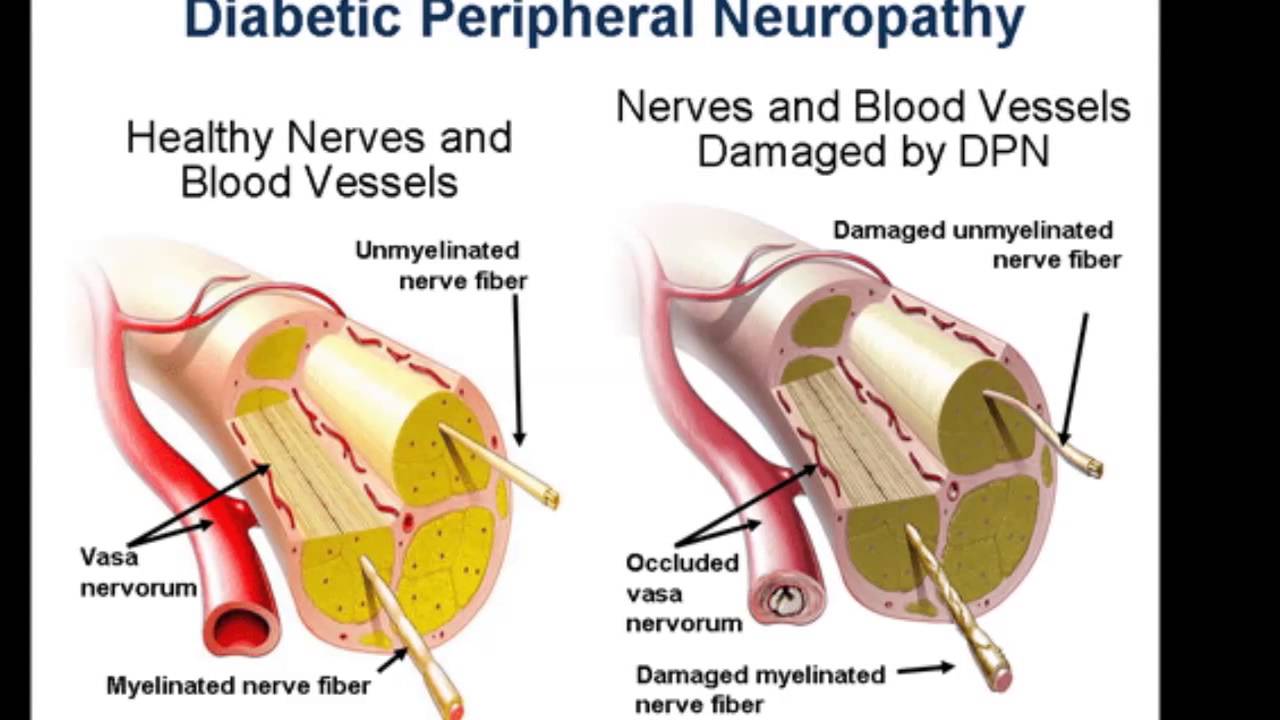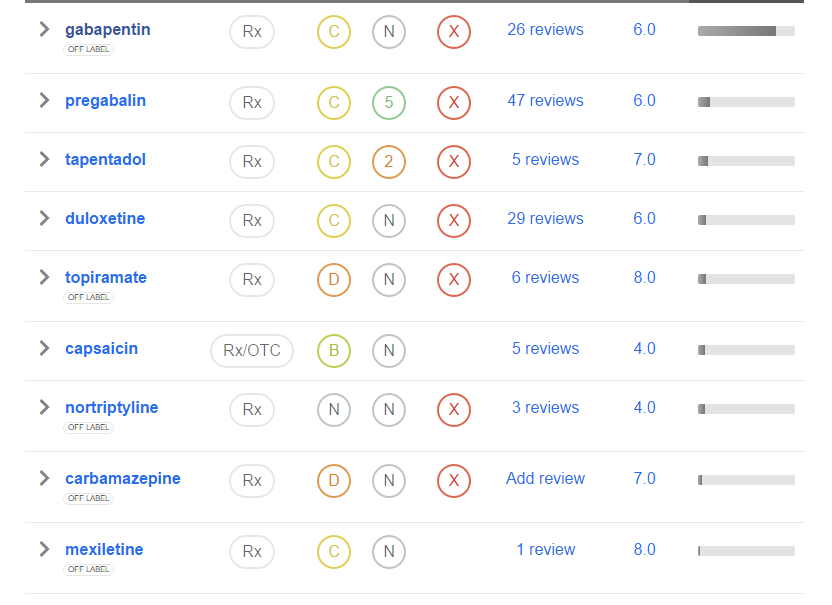
Peripheral neuropathy is nerve damage caused by chronically high blood sugar and diabetes. It leads to numbness, loss of sensation, and sometimes pain in your feet, legs, or hands. It is the most common complication of diabetes.
About 60% to 70% of all people with diabetes will eventually develop peripheral neuropathy, although not all suffer pain. Yet this nerve damage is not inevitable. Studies have shown that people with diabetes can reduce their risk of developing nerve damage by keeping theirblood sugar levels as close to normal as possible.
What causes peripheral neuropathy? Chronically high blood sugar levels damage nerves not only in your extremities but also in other parts of your body. These damaged nerves cannot effectively carry messages between the brain and other parts of the body.
This means you may not feel heat, cold, or pain in your feet, legs, or hands. If you get a cut or sore on your foot, you may not know it, which is why it’s so important to inspect your feet daily. If a shoe doesn’t fit properly, you could even develop a foot ulcer and not know it.
The consequences can be life-threatening. An infection that won’t heal because of poor blood flow causes risk for developing ulcers and can lead to amputation, even death.
This nerve damage shows itself differently in each person. Some people feel tingling, then later feel pain. Other people lose the feeling in fingers and toes; they have numbness. These changes happen slowly over a period of years, so you might not even notice it.
Because the changes are subtle and happen as people get older, people tend to ignore the signs of nerve damage, thinking it’s just part of getting older.
But there are treatments that can help slow the progression of this condition and limit the damage. Talk to your doctors about what your options are, and don’t ignore the signs because with time, it can get worse.
Drugs associated with Diabetic Peripheral Neuropathy
